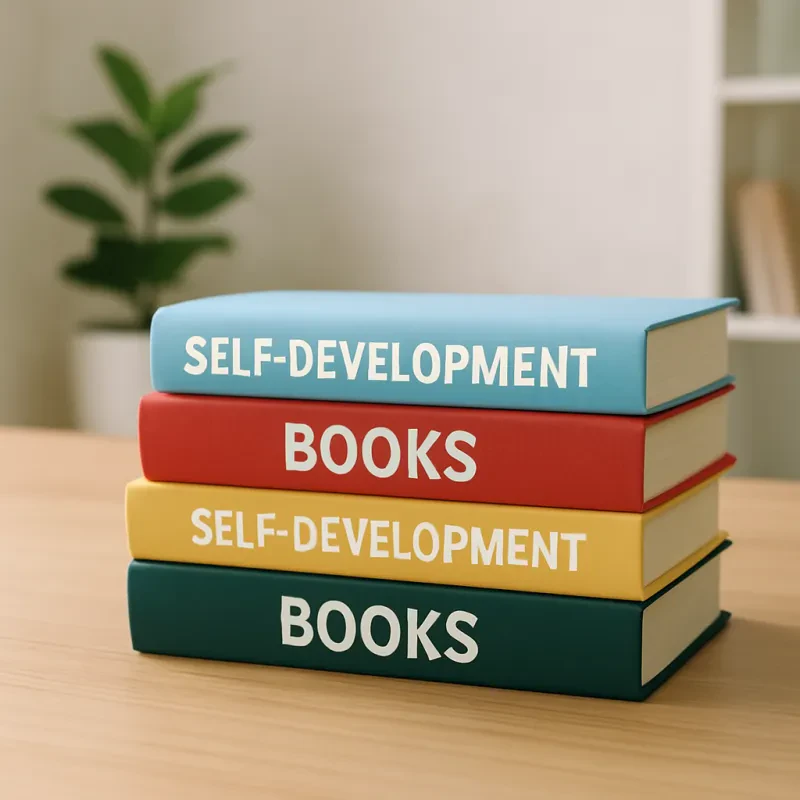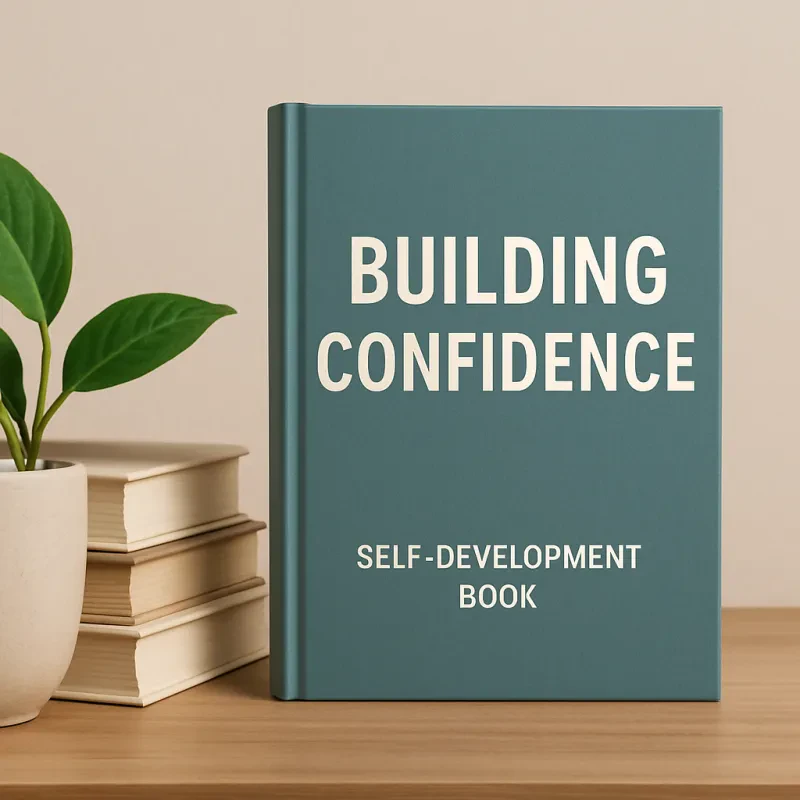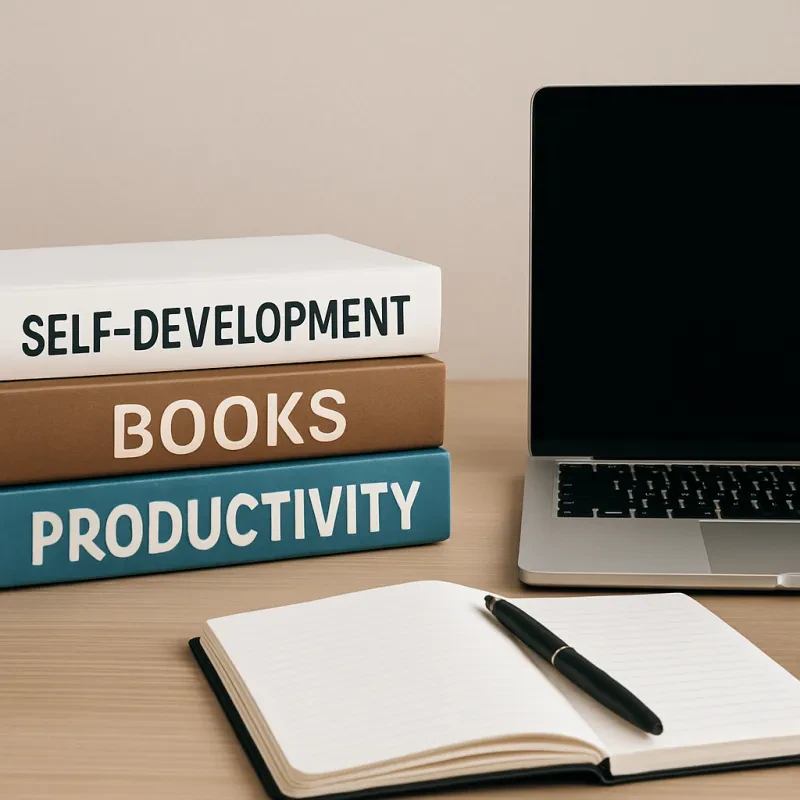Finding Your Inner Peace: Why You Deserve Self-Acceptance
Everyone has moments when their mind feels like a storm. Maybe you've been hard on yourself after making a mistake, or perhaps you struggle with feelings of inadequacy. This inner turmoil often prevents us from accepting who we are. Inner peace is more than a buzzword; it’s a state of being that is essential for our well-being. It allows us to navigate life’s challenges with grace and confidence.
You deserve inner peace. Everyone does. Achieving it is not about overnight transformations. Rather, it’s a journey filled with self-discovery and acceptance.
Understanding the Barriers to Inner Peace
Identifying Self-Critical Thoughts
Negative self-talk blocks inner peace. Many people find themselves caught in a cycle of self-criticism. According to research, about 70% of individuals experience negative thoughts about themselves daily. This might include saying things like "I'm not good enough" or "I always mess things up." Recognizing these thoughts is the first step toward change.
The Impact of External Pressures
Societal expectations can feel overwhelming. We often measure our worth against the achievements of others or unrealistic standards portrayed in media. For example, social media influencers can create a false sense of perfection. When we compare ourselves to them, we may feel inadequate. Recognizing these external pressures helps us understand that our value isn’t defined by others.
Perfectionism and the Pursuit of Unattainable Ideals
Perfection can be a trap. Striving for unattainable ideals leads to disappointment and harsh self-judgment. This constant pursuit fosters a negative mindset and steers us away from self-acceptance. It’s important to recognize that no one is perfect, and accepting our flaws is part of being human.
Cultivating Self-Compassion
Practicing Self-Kindness
You can start changing your internal dialogue today. Here are some simple ways to practice self-kindness:
- Positive Affirmations: Begin each day by saying a positive statement about yourself.
- Self-Soothing Techniques: Engage in activities that relax you, such as reading a book or taking a warm bath.
Letting Go of Self-Judgment
Self-forgiveness is vital. Embrace your imperfections. As Dr. Kristin Neff, a pioneer in self-compassion research, states, "Self-compassion involves being kind and understanding toward ourselves when we suffer, fail, or feel inadequate." Accept that making mistakes is a part of life.
Embracing Vulnerability
Being vulnerable can feel daunting. However, it’s beneficial. Accepting our flaws allows us to connect genuinely with others. Sharing your struggles can create deeper relationships and enable you to feel less isolated.
The Power of Mindfulness and Self-Reflection
Mindfulness Meditation Techniques
Incorporating mindfulness into your routine can be transformative. Try these steps:
- Find a Quiet Space: Sit or lie down comfortably.
- Focus on Your Breathing: Take deep breaths, focusing on the inhalation and exhalation.
- Acknowledge Disturbing Thoughts: Let them pass without judgment.
- Set a Timer: Start with 5-10 minutes daily and gradually increase.
Journaling for Self-Discovery
Writing can clear your mind. Journaling helps you identify negative emotions and patterns. Try these prompts:
- What do I appreciate about myself today?
- Describe a moment where I felt proud.
Setting Realistic Expectations
Setting achievable goals is crucial. Unrealistic expectations often lead to disappointment. Break your goals into smaller steps and celebrate each accomplishment. Remember, progress is a journey.
Building Healthy Habits for Inner Peace
Prioritizing Self-Care
Taking care of your physical health boosts mental well-being. Here are easy self-care activities:
- Engage in daily exercise.
- Eat balanced meals rich in nutrients.
- Aim for 7-9 hours of sleep each night.
Strengthening Social Connections
Strong relationships enhance emotional health. Make time for friends and family. Research shows that social connections are directly tied to improved mental well-being. Surround yourself with positive influences to foster a supportive environment.
Seeking Professional Support
Don’t hesitate to reach out for help. Therapy or counseling can provide invaluable support. Organizations like the National Alliance on Mental Illness (NAMI) offer resources to find trusted professionals.
Forgiving Yourself and Others
The Process of Forgiveness
Forgiveness takes time and effort. Follow these steps:
- Acknowledge Feelings: Recognize the emotions tied to your experiences.
- Express Your Emotions: Write about your feelings in a safe space.
- Make a Choice: Decide to forgive, even if it’s just for yourself.
Understanding the Benefits of Forgiveness
Forgiveness can lighten your emotional load. Research by Dr. Fred Luskin shows that forgiving decreases anxiety, depression, and stress. When you let go of anger, you free yourself for healthier emotions.
Moving Forward with Compassion
Letting go is essential. Strategies include:
- Practicing gratitude for positive experiences.
- Replacing negative thoughts with uplifting ones.
Conclusion
Finding inner peace is a journey worth taking. Recognizing barriers, cultivating self-compassion, and building healthy habits can lead to acceptance and fulfillment.
You deserve to be at peace with yourself. Embrace self-acceptance, let go of negativity, and prioritize your well-being. Start your journey today, because inner peace is not only possible—it’s your birthright.



